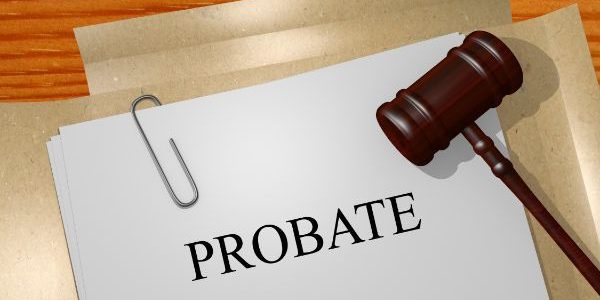Over the course of a lifetime, individuals and couples generally amass wealth in the form of securities, accounts, real property, and personal property. While much of this can be located in the state in which they reside at death, real property, in particular, can easily be located in a different state. In this case, in addition to probating the estate in Utah, you would also need to look at doing an ancillary probate in the state where the property is located.
Ancillary Probate
For an estate with property in another state, the executor will open an ancillary probate to handle that property. Generally, this involves reaching out to an attorney in the second state if the attorney helping with the main estate is not licensed in the second state. Then you would file a copy of the estate’s paperwork with the probate court in that state and follow their procedures to distribute the asset into the beneficiary’s name.
Opening and closing an ancillary probate can be time-consuming because it must often be done towards the end of the estate filing, meaning that the beneficiary of the property must wait until all the paperwork is filed and approved in the main state before starting the process in the second state. Further, there is the additional expense of a second set of filings and deeds.
Avoiding Ancillary Probate
If you have property in another state, you may want to consider taking steps during your lifetime to help avoid ancillary probate. This can speed up the process for your beneficiaries being able to access the real estate and can also streamline your estate to help keep costs and time down. There are a number of ways you can handle this.
Trusts are useful estate planning tools for a number of reasons, but in this case, you can put the out-of-state property into a trust. This means that you deed the property to the trust during your lifetime, have it managed by the trustee, and have it avoid the probate process altogether.
You may choose to go ahead and deed the property to your beneficiary with a contractual understanding that you have a life estate in the property. There may be some tax consequences to this decision and your beneficiary may not want to hold property that they are not yet using. However, in some circumstances, this can be a way to give your heirs a lifetime estate gift.
At Dunn Law Firm, we want to make sure your estate plan is comprehensive and includes all the details necessary to protect your assets and distribute them to your family and loved ones the way you want them to go. We will advise you on how best to structure your estate to meet your goals and help you set up trusts or family businesses in order to do so. To learn more, reach out to the Dunn Law Firm by calling (435) 628-5405 to set up a free consultation today.







